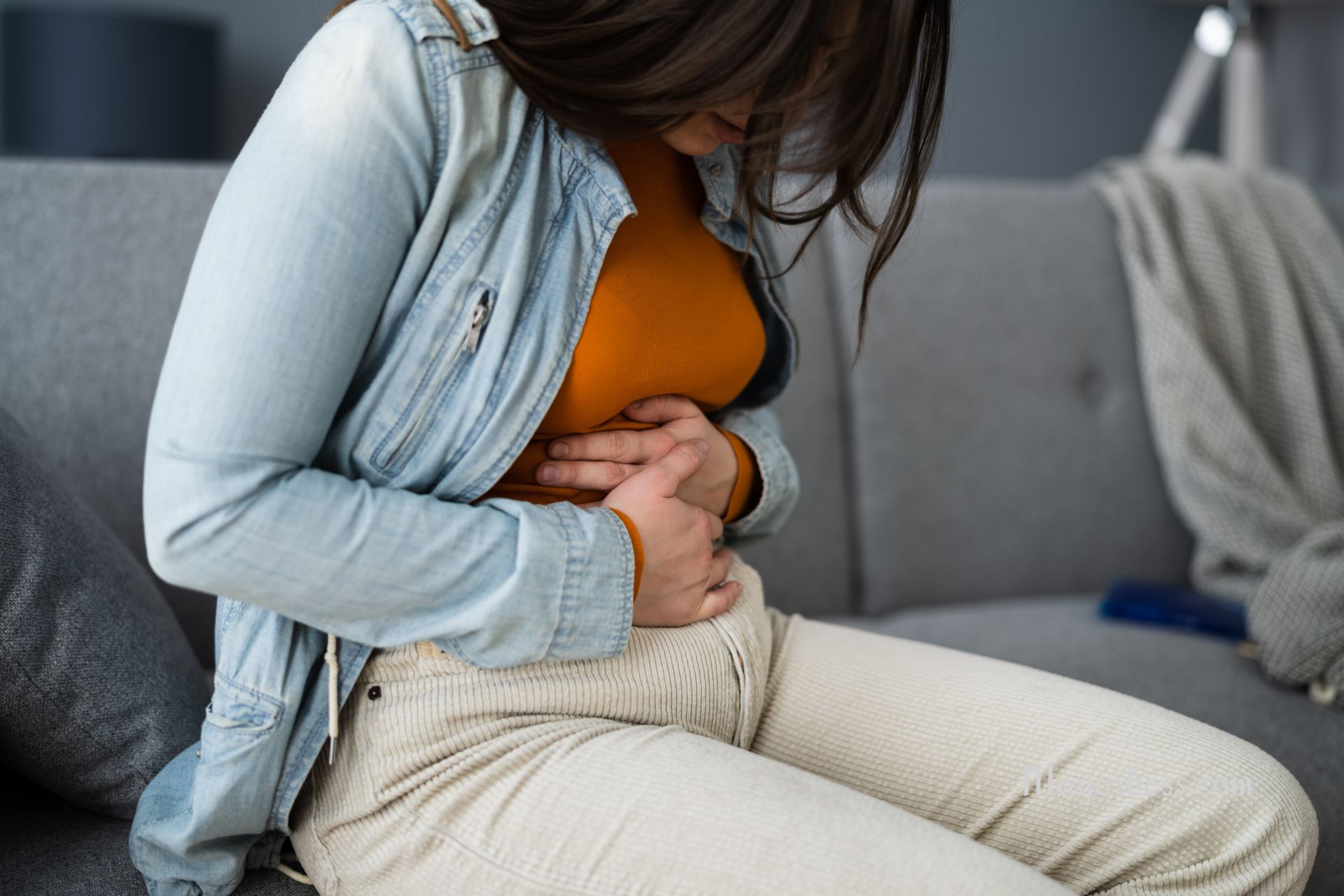10 Signs You Might Have PCOS – And 70% of Women Don’t Even Know!
Polycystic Ovary Syndrome (PCOS) is one of those annoying health conditions that flies under the radar for many women. In fact, according to the World Health Organization (WHO), up to 70% of women with PCOS aren’t even aware they have it. So, how do you know if you’re one of them? Here are ten signs that might suggest you have PCOS. If a few of these sound familiar, it might be time to talk with your doctor.

1. Irregular Periods or No Periods at All
One of the hallmark signs of PCOS is having irregular menstrual cycles. If your periods come unpredictably, you skip cycles, or you go months without menstruating, this could be a sign of PCOS.
2. Difficulty Getting Pregnant
PCOS is one of the leading causes of infertility due to the hormonal imbalance affecting ovulation. If you’re trying to conceive and facing difficulties, PCOS could be playing a role.
3. Excessive Hair Growth
Known as hirsutism, excessive hair growth on the face, chest, back, or buttocks can be a symptom of PCOS. This happens due to elevated levels of male hormones, a common issue in PCOS.
4. Hair Thinning or Loss
On the flip side, hair thinning or hair loss on the scalp—similar to male pattern baldness—can also occur. This, too, is related to hormone imbalances, particularly an excess of testosterone.
5. Weight Gain or Difficulty Losing Weight
Many women with PCOS find they gain weight easily and have a hard time losing it. This is partly due to insulin resistance, which is often associated with PCOS.
6. Oily Skin or Severe Acne
PCOS can lead to hormonal fluctuations that may cause more oily skin and severe acne, often worse than typical adult acne.
7. Darkening of Skin
Certain areas of the body, like the neck, groin, and underarms, may appear darker if you have PCOS. This skin condition is known as acanthosis nigricans.
8. Skin Tags
These small flaps of excess skin can appear in body creases and folds. They are more common in people with insulin resistance, a condition often linked to PCOS.
9. Fatigue
Many women with PCOS experience increased fatigue and low energy. While this can be due to various factors, disrupted sleep caused by other PCOS symptoms like discomfort or anxiety plays a role.
10. Mood Changes
If you’re experiencing swings in your mood or feelings of depression and anxiety, it could be linked to the hormonal imbalances and stress associated with PCOS.
What Can You Do?
First, don’t panic. Many of these symptoms can be managed with lifestyle changes and medical treatment. Consulting your physician for a diagnosis and discussing your symptoms is a crucial initial step. They might suggest lifestyle adjustments, medications, or other therapies to help manage the symptoms.
FAQs About PCOS
Can PCOS go away on its own?
No, PCOS is a chronic condition, but symptoms can be managed, and many women with PCOS lead healthy, active lives.
Is there a cure for PCOS?
There isn’t a cure yet, but symptoms can be treated. Management strategies often involve medication, lifestyle changes, and regular checkups.
Can diet impact PCOS symptoms?
Absolutely. A balanced diet, particularly one low in refined sugars and high in fiber, can help manage insulin levels and reduce PCOS symptoms.
